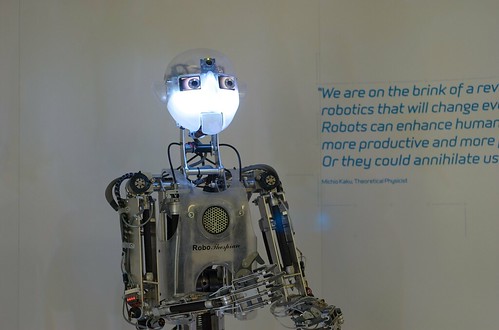I am sitting at a coffee shop in Vancouver, BC reflecting on my time at COHERE 2013. This was my first Canadian conference since moving to Victoria, and it was a great opportunity to meet and spend time with colleagues (many of them Canadians) including Tony Bates, Rory McGreal, Martha-Cleveland Innes, David Porter, Diane Janes, Diane Salter, Jenni Hayman, Richard Pinet, Robert Clougherty, and Cindy Ives. It was also great to see Ron Owston, Frank Bulk, and Kathleen Matheos again – and my colleagues Vivian Forssman and BJ Eib were there too! The conference was relatively small and the sessions were 40 minutes long, allowing ample time and space for conversations, networking, and debates. I really appreciated the intimate atmosphere that we were afforded for spending time with each other. The organizers (Kathleen Matheos and Stacey Woods) did a fantastic job!
Cable Green from Creative Commons delivered the first keynote and David Porter from BC Campus delivered the second. I sat on a respondent panel for Cable’s keynote and argued three points: (a) we need to build on and go beyond open educational resources, and think about open practices, (b) each of us needs to take action in supporting openness (e.g., by teaching sharing as a value and literacy), and (c) by recognizing that “open” is under threat of being subverted. It was fascinating to sit on a panel with four others and see how our responses to the keynote differed, but how they all coalesced around similar messages as well.
I also gave a presentation discussing early findings from my research into learners experiences in MOOCs, open courses, and other open learning environments, and you might be interested in Tony Bates’ take on this research:
These findings are not fully refined and analyzed, yet. However, in thinking about these results, reading the literature and claims around MOOCs, and thinking about recent developments in educational technology, I am beginning to see MOOCs more and more as a symptom of chronic failures of the educational system to tackle significant issues. On the one hand, I and others have argued that MOOC creators have ignored research into how people learn and how people learn with technology. Tony Bates in particular (see the last link), is very clear when he says “Why is MIT ignoring 25 years of research into online learning and 100 years research into how students learn in its design of online courses?”
On the other hand however, the rise of MOOCs seems to be a symptom of a series of failures and pressures. I like the argument that George Siemens makes in relation to inadequate university approaches to educational needs, “Universities have failed to recognize the pent-up demand for learning as the economy has diversified and society has become more complex and interconnected. As a consequence, the internet has contributed by creating a shadow education system where learners learn on their own and through social networks. MOOCs reflect society’s transition to a knowledge economy and reveal the inadequacy of existing university models to meet learner’s needs.” I’d like to take this argument further. As a field, we could do more to have greater impact on the design and development of educational technology solutions, including MOOCs. Steps to do that would include sharing our research more broadly and in different ways (e.g., publishing in open access venues and putting theory-to-practice), engaging in what Tom Reeves calls socially-responsible research that solves real problems, working across disciplines, reconsidering the ways that we understand, evaluate, and reward impact at our institutions, and so on. More on these issues, soon!


